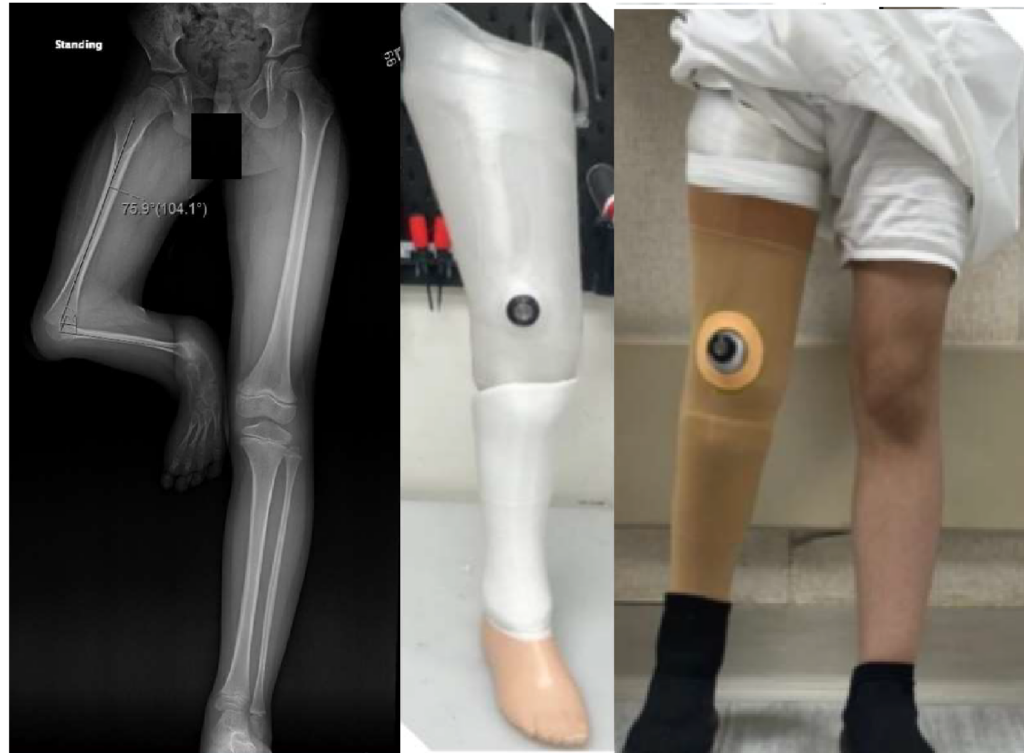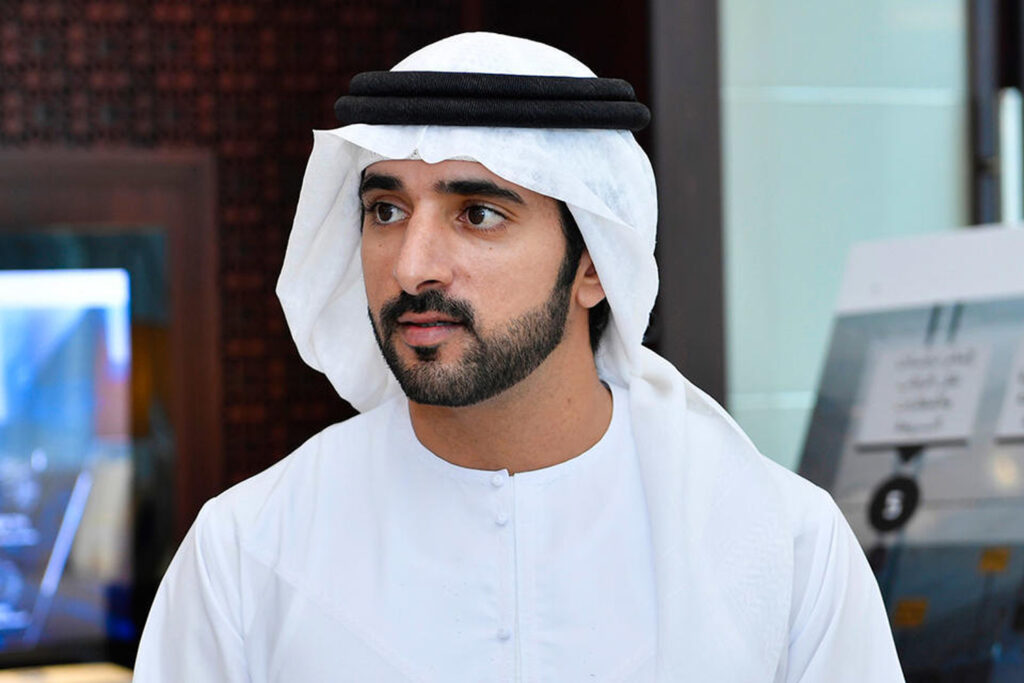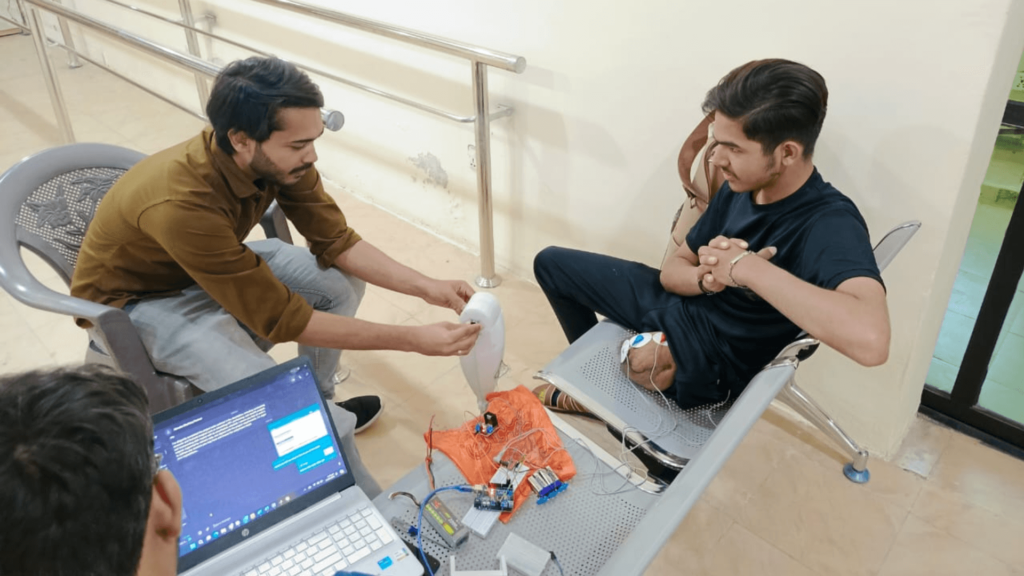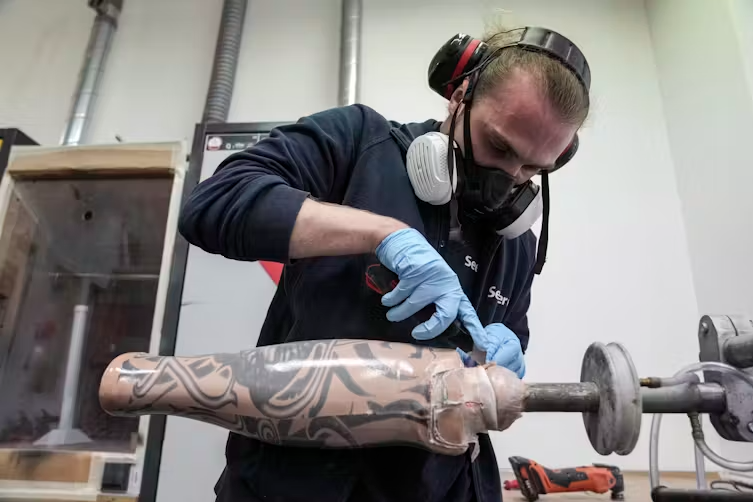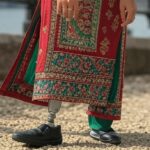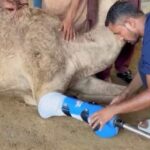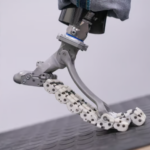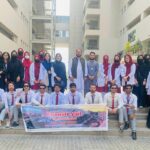Now Reading: Dubai based Pakistani Teen Innovator Nominated for Global Prize with Groundbreaking Prosthetics for Disabled
-
01
Dubai based Pakistani Teen Innovator Nominated for Global Prize with Groundbreaking Prosthetics for Disabled

Dubai based Pakistani Teen Innovator Nominated for Global Prize with Groundbreaking Prosthetics for Disabled
A 17-year-old student in Dubai has gained international acclaim for her innovative work in prosthetics, inspired by her personal experience caring for her autistic brother. Maha Nawaz, a Pakistani student at Dubai College, is one of the ten finalists for the prestigious $100,000 Chegg.org Global Student Prize 2024.
This award, now in its fourth year, recognizes exceptional students worldwide who are making significant contributions to education and society.
Nawaz’s passion for helping people with disabilities stems from her role as a caregiver for her brother, who is non-verbal, autistic, and epileptic. She has developed two prosthetic hand prototypes, capable of performing tasks like holding a cup or shaking hands, by using brain signals to control the devices.
“Supporting my brother, who has special needs, is a challenge. Communicating and understanding his needs is difficult, which is why I became curious about the brain and how it works,” said Nawaz. “This curiosity led me to explore engineering, machine learning, and brain-computer interfaces.”
Her journey began with the development of an ultra-low-cost, mind-controlled prosthetic hand that operates without physical movement. “That was my first spark,” she said. “I want to dedicate my life to empowering people like my brother through technology.”
Nawaz was selected from over 11,000 applicants across 176 countries for the Global Student Prize. Her latest creation, a prosthetic controlled by muscle contractions, costs less than $100, a fraction of the price of existing commercial models. She is also collaborating with New York University Abu Dhabi on an eye-movement-controlled robotic arm designed for patients with limited communication abilities, using brainwave detection.
“My mission is to use technology to improve the lives of those with mental or physical disabilities,” she said. “One day, I hope to develop brain-computer interfaces that can convert thought into speech, allowing my brother to communicate verbally.”
Nawaz’s work extends beyond her immediate community. She founded SheMakes, a non-governmental organization in Pakistan, to provide robotics kits and STEM education to underprivileged girls. The organization also supports rural healthcare initiatives through remote patient monitoring systems. So far, she has provided workshops and kits to over 600 children.
If she wins the Global Student Prize, Nawaz plans to expand her NGO’s reach, develop more robotics kits, and enhance her prosthetics to benefit a larger community. “I also hope to commercialize these devices one day, making them accessible to anyone who needs them,” she added.
The Global Student Prize, launched by Chegg.org in partnership with the Varkey Foundation in 2021, is open to students aged 16 and older, including those enrolled in part-time or online education. The winner will be announced in New York later this month during the UN General Assembly, chosen by a panel of prominent individuals assessing candidates on academic achievement, innovation, and global impact.
Heather Hatlo Porter, Chegg’s chief communications officer, highlighted the significance of the prize. “Students like Maha, with their creativity and determination, are essential to addressing the challenges our world faces today,” she said.
Sunny Varkey, founder of the Varkey Foundation, added, “Maha’s story is a testament to the transformative power of education in building a better future for all.”

